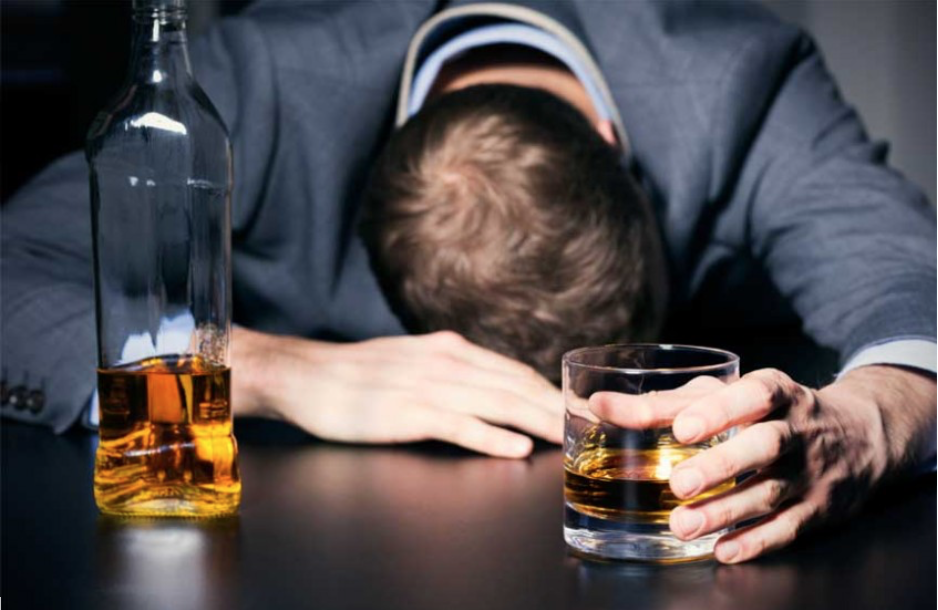CommentsBCK FILE--The path to what had appeared to be a shoe-in confirmation for Brett Kavanaugh has elicited significant responses from both sides of the aisle.
Certainly, Kavanaugh’s confirmation would tip the scales heavily toward a conservative Court, posed to rule on cases that would expand presidential and corporate powers while eviscerating individual rights and the environment.
Legal and political issues side, however, last Thursday’s committee hearings and the discourse surrounding the allegations charged at Brett Kavanaugh, as well as his response, have unleashed discourse about a culture of entitlement, binge drinking, and sexual assault.
To date, three women have come forward with allegations of sexual abuse and assault; Dr.Christine Blasey Ford, who testified Thursday, Yale classmate Deborah Ramirez, who claims Kavanaugh exposed himself to her at a party, and Julie Swetnick, who claims to have been a victim of gang rape at a high school party attended by Kavanaugh. Swetnick also states she had attended parties where the future judge had spiked drinks and aggressively targeted young women.
The one-week FBI investigation will either confirm these accusations or be inconclusive. Regardless of the outcome, in many ways, this seems to be a climax of the #MeToo Movement. We can look back at the pivotal moments -- of the powerful men in politics, media, entertainment, Silicon Valley, hospitality who faced charges of harassment or assault. Many of the accused resigned with golden parachutes.
We can also look back at Brock Turner, the Stanford student convicted in 2016 of three counts of felony sexual assault. Two rape charges had been dropped. The convictions carried a potential sentence of 14 years in prison but Santa Clara Superior Court Judge Aaron Persky sentenced Turner to six months in jail, of which he served only three.
Turner recalled in written statements that he had consumed 5 Rolling Rock beers, two swigs of Fireball whiskey, and 4 additional beers prior to the assault.
Kavanaugh’s high school friend Mark Judge has written several memoirs detailing his Montgomery County, Maryland childhood and struggles with alcoholism, including Wasted: Tales of a GenX Drunk and God and Man at Georgetown Prep. In Tales of a GenX Drunk, he described his high school years as marked with binge drinking, alcoholism, and a “hookup culture.”
Several of Kavanaugh’s high school and college classmates have described his heavy drinking and Ford testified that he and Mark Judge were intoxicated at the time of the alleged assault.
The Centers for Diseases and Control (CDC) defines binge drinking as 5 or more drinks per 2 to 3 hours for men and 4 plus drinks for women. According to a CDC report, over half of the 88,000 deaths related to alcohol can be attributed to binge drinking, which can result in “dangerous driving, risky sexual behavior, and violent behavior.”
CDC:
U.S. adults consume more than 17 billion binge drinks, or about 470 binge drinks per binge drinker annually. While binge drinking is more common among young adults aged 18-34, more than half of the binge drinks consumed each year are by adults aged 35 or older. Adult binge drinkers binge frequently, about once a week, and at high intensity, averaging seven drinks per binge, significantly increasing the risk of harm to themselves and others.
Binge drinking and sexual assault often go hand in hand. Certainly, intoxication does not give anyone a free pass for committing sexual assault. But as a society, we give an all too knowing nod. “Boys will be boys.” A poll conducted by Economist/YouGov, found that 55% of Republicans believe that even if Kavanaugh had sexually assaulted a woman during high school, this should not disqualify him from serving on the Supreme Court.
There’s an acceptance of binge drinking that crosses with entitlement to give certain men and boys free reign. The perception of power, and that includes social power in high school or college, is a breeding ground for lack of consequence and accountability.
One in six women in the United States has been or will be raped during her lifetime. And one in eight of those women will be raped by someone they know. Since the Kavanaugh hearings, I have heard from numerous women who have shared their stories of assault, mostly by classmates or colleagues. Most of these women never pressed charges and many had never told anyone until now, years later.
Although #MeToo is a start in empowering women who have been the targets of sexual assault, we need to change the culture that excuses assault and paints men as victims, while blaming women.
And we need to discourage binge drinking that, according to the CDC, increases risk for harming oneself or others.
(Beth Cone Kramer is a professional writer living in the Los Angeles area. She covers Resistance Watch and other major issues for CityWatch.)
-cw
















